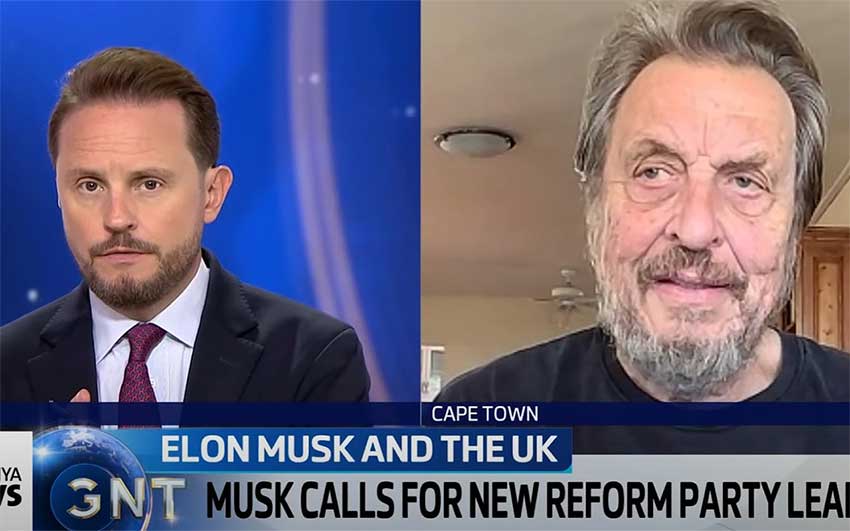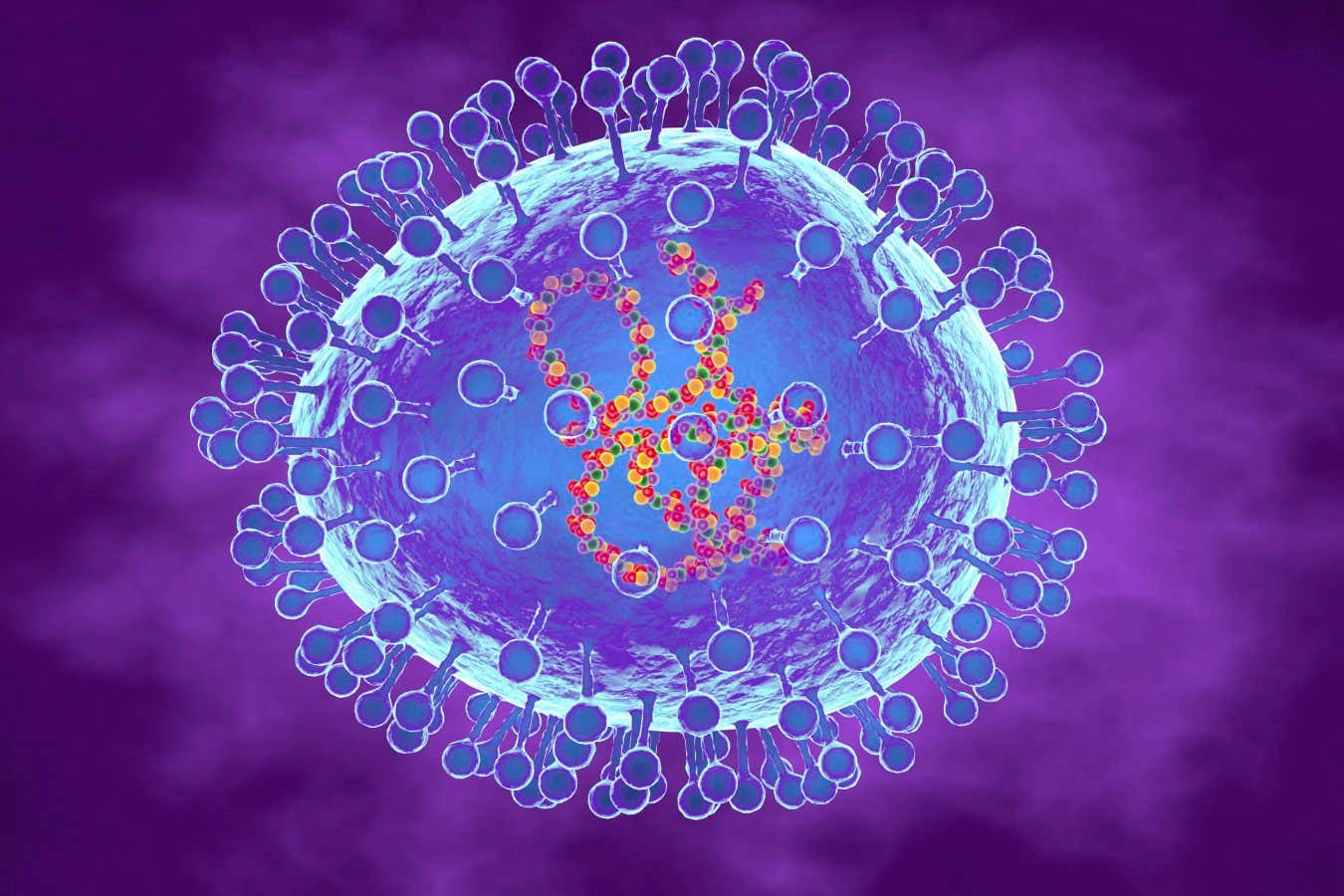Dr Rajagopala Chidambaram, who was the Chairman of the Atomic Energy Commission and the Principal Scientific Adviser to the Government of India, when India did the crucial Pokhran-II nuclear tests, passed away today. He was 88.
Born in Chennai in 1936 to C Rajagopal Aiyar, a Controller of Defence Accounts and Ananthalakshmi, Chidambaram became a first ranker in Madras University, passing B.Sc (Honours). He later joined the Indian Institute of Science, Bengaluru, in 1956, picked up his masters in one year and PhD in 1961. After that, Chidambaram recalls in his memoirs, “Many of my friends went to the US for post doctoral studies. I was however not interested in going abroad. Instead, I joined Bhabha Atomic Research Centre in 1962.” That is how India got one of its brightest nuclear scientists.
Though Chidambaram’s name is usually associated with Pokhran-II (India’s second nuclear tests, in May 1998), he did play a big role in the 1974 Pokhran-I – for which he was recognized with Padma Shri award in 1975.
After Pokhran-II, as the Principal Scientific Adviser to Government of India – a post he held for 17 years – Chidambaram was involved in managing the fallout of the tests, which had created global consternation.
“It can be concluded that the May 1988 tests were fully successful in terms of achieving their scientific objects,” Chidambaram wrote in his memoirs, giving a point-by-point response to doubts raised by Dr P K Iyengar, a former Chairman of Atomic Energy Commission and a few others.
“Shook the world”
After Pokhran-II, in the same year 1998, Chidambaram chanced to meet Bill Richardson, the Energy Secretary of the US. At the introduction, Richardson, a tall man, held Chidambaram by his shoulders and gave it a friendly shake, saying, “Oh, you are Dr Chidambaram, who shook the whole world?” Chidambaram replied, “Now you are the one who is shaking me who shook the whole world.” Both had a laugh and the ice was broken.
Chidambaram was also instrumental in the installation of the bust of Dr Homi Bhabha outside the boardroom in IAEA headquarter in Vienna, says Dr K Raghuraman, a former BARC scientist.
Chidambaram’s scientist-nephew, Dr S Kailas, who has written an essay in Chidambaram’s memoirs, says in it that Chidambaram “is a spiritual person and a follower Kanchi and Shakatapuram Acharyas” and a “strong supporter of bharatnatyam and carnatic music.








Leave a Comment